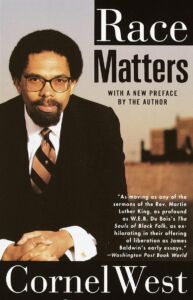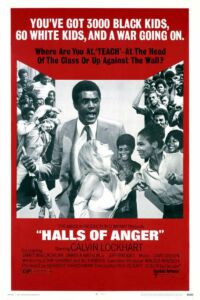Tag: integration
-
3,973 words
Part 7 of 9 (Chapter 1 here, Chapter 5 Part 1 here, Chapter 6 Part 1 here)
The other most recent example of the progressive top-down technocratic elite transformation of society is the LGBT agenda. As the LGBT scholar Gary Mucciaroni explains, “sexual politics” in America is “a narrative about a heterosexist majority that has used religion and ideology to maintain its cultural and legal privileges.” The literature of the LGBT movement has always self-consciously identified itself as an elite, minoritarian revolution against this heterosexual majority. (more…)
-
Part 4 of 4 (Part 1 here, Part 3 here)
Audio version: To listen in a player, use the one below or click here. To download the mp3, right-click here and choose “save link as” or “save target as.”
The School Experience
While working on and thinking about this piece over the last few years, I spoke with several white middle-school and high-school students and conducted informal interviews about their experiences. (more…)
-
3,358 words / 20:43
Part 3 of 4 (Part 1 here, Part 2 here, Part 4 here)
Audio version: To listen in a player, use the one below or click here. To download the mp3, right-click here and choose “save link as” or “save target as.”
Subsequent case law
Several education-related Supreme Court cases would follow over the years after Brown, coming from the Warren and then the Burger courts. Most people are not aware of the continued litigation that went on for decades in the post-Brown era. (more…)
-
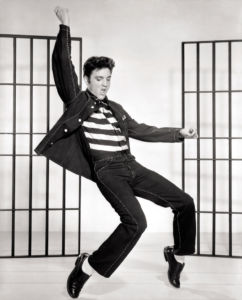 5,113 words
5,113 words 5,113 words
5,113 wordsThe recent movie on Elvis Presley[1] is exceptional in its acting, script, and production. For those interested in such matters, it is also excellent as cultural history.
The movie deals to a significant extent with the African influences on Presley’s music. As a little boy growing up in a poor, integrated neighborhood, he was fascinated by the rhythms and gyrations of the blacks, including black gospel music. (more…)
-
Cornel West
Race Matters
New York: Beacon Press, 1994Cornel West’s Race Matters is about the black experience in America, much as one might expect. (more…)
-
1970’s Halls of Anger is low-budget, tense, sensational, but real. Calvin Lockhart plays Quincy Davis, an ex-basketball star who’s happy teaching in a suburban high school until integration comes and he’s reassigned to a ghetto school, as are several white students. The principal, Boyd Wilkerson (John McLiam), couldn’t care less about his students; he wants more federal money (from integration) and a chance to get elected to the school board. (more…)
-
 1,255 words
1,255 words 1,255 words
1,255 wordsOn Sunday, August 9, 2020, five-year-old Cannon Hinnant, a white child set to start kindergarten later this month, was shot in the head outside his home in Wilson, North Carolina, while riding his bicycle in front of his sisters. Cannon was shot at close range by his black neighbor of several years, Darius N. Sessoms. (more…)
-
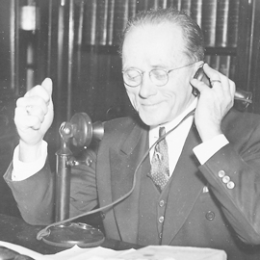 4,912 words
4,912 words 4,912 words
4,912 wordsSenator Bilbo excerpts from a compilation of fourteen essays by black notables in one of the recent egalitarian books, What the Negro Wants, edited by Rayford W. Logan (Chapel Hill: University of North Carolina Press, 1944). He identifies one of the authors, W. E. B. DuBois, (more…)
-
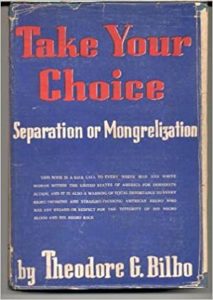 4,280 words
4,280 words 4,280 words
4,280 wordsTheodore G. Bilbo
Take Your Choice: Separation or Mongrelization
Poplarville, Mississippi: Dream House (1947)The final political testament by Senator Bilbo of Mississippi, Take Your Choice, is a useful opportunity to see how well old documents stand in the light of the present day. (more…)
-
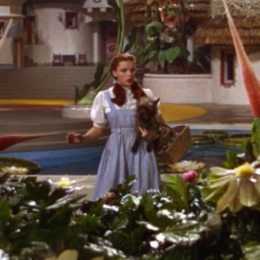
“I’ve a feeling we’re not in Kansas anymore.”

“I’ve a feeling we’re not in Kansas anymore.”
3,923 words
I’m not going to claim that I have been totally 1488 from day one or that I came goose-stepping out of the womb. But I think I have always been instinctively and intuitively a race realist. Or at least, I have been since around the age of 8. The first black person I ever met was this kid named Scooter when I was in kindergarten. This would have been in the early 80s. (more…)
-
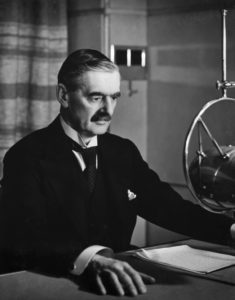 1,482 words
1,482 words 1,482 words
1,482 wordsOn the 15th of September, 1938, UK Prime Minister Neville Chamberlain famously flew across the English Channel (overcoming his fear of flying) for the monumental purpose of meeting Adolf Hitler at the Berghof in order to avert the Sudetenland crisis, and hopefully (yet futilely) avoid plunging Europe into a Second World War. Upon his departure, he gave an impromptu speech to the British press in which he offered his favorite childhood self-motivating pep talk, (more…)





